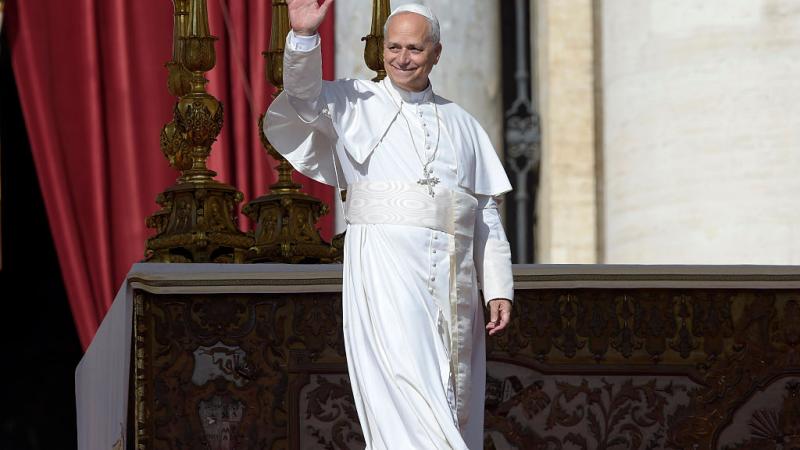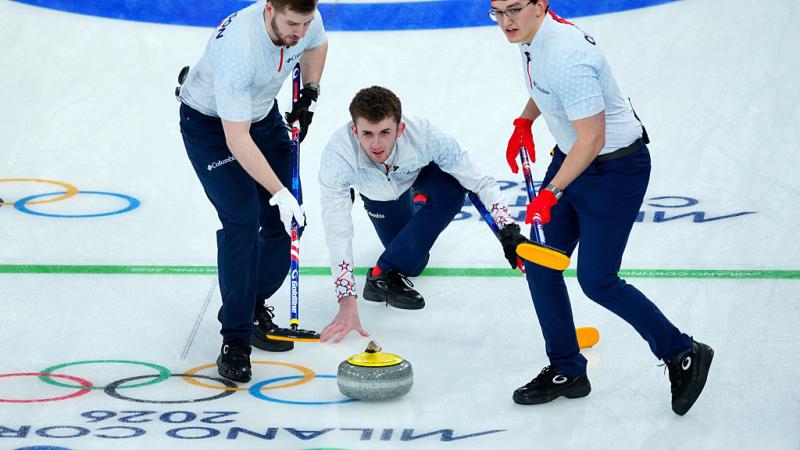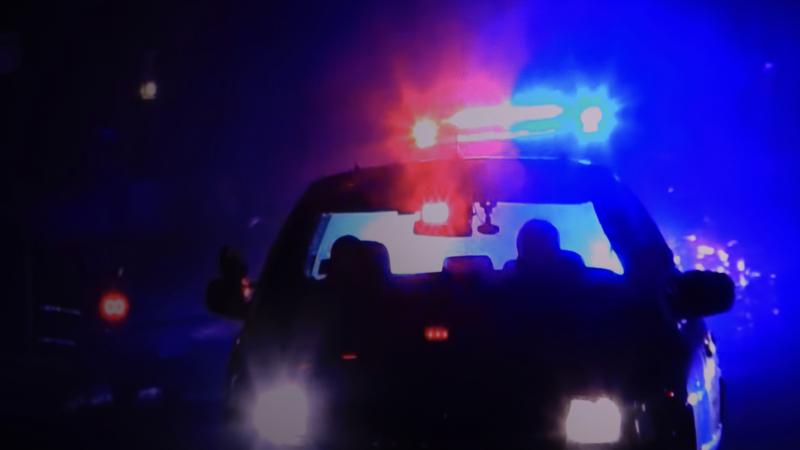Vatican priorities mirror those in White House race, but how influential will Pope Francis be?
The Vatican is the seat of the religion followed by around one-in-five Americans, and the Catholicism is the most common religious faith in 36 states.
There’s a lot of overlap between the hot button topics of the current U.S. election cycle and the priorities of the Vatican City, the world’s case study for a small country with over-sized influence.
The common areas of interest range from moral questions related to abortion, in vitro fertilization, transgender rights, and gay marriage, to prickly geopolitical topics including the wars in Ukraine and Gaza and the rising tide of global refugees.
Note that the Vatican is the seat of the religion followed by about one-in-five Americans, and the Catholic Church is the most common religious faith in 36 U.S. states.
But does that mean the Roman Catholic Church and its leader, Pope Francis, may have some say in who comes out ahead in the 435 elections for the U.S. House of Representatives, the 34 Senate races, and the second round of the clash between DemocratJoe Biden and Republican Donald Trump for president?
Analysts say the answer to the question depends a lot on how it is phrased.
“I think the direct impact of Pope Francis and the Vatican on what happens in November will probably be negligible,” John Allen, editor of the influential Catholic news site Crux, said in an interview. “But I expect the Catholic vote to be hugely influential.”
Part of the issue is the Vatican’s stances on these key issues don’t fall neatly along the U.S.’s increasingly entrenched political divide.
The Vatican’s no-tolerance view on abortion, for example, dovetails perfectly with those of the dominant anti-Roe v. Wade wing of the Republican Party. The Vatican’s latest declaration, that gender-affirming surgery and surrogacy are “violations of human dignity,” was also welcome news to American conservatives.
But the pope’s openness to blessing gay couples and its pleas for global solidarity for those fleeing wars, persecution, and poverty are less welcome by those on the right.
Against the odds, Francis’ call for Ukraine to wave the “white flag” of surrender in that country’s war against Russia -- and the Vatican’s subsequent attempt to walk back that statement -- have managed to anger people on both sides of the aisle. The Vatican has repeatedly called for ceasefires between Israel and Gaza, but advocates on both sides of the conflict would like the Vatican to criticize the other more strongly.
In the Vatican, officials sometimes talk about the church’s role as a kind of moral arbiter, pointing out that the pope is the leader of the world’s 1.4 billion Catholics, making it a country with influence that belies its miniscule size (the Vatican City is a country with only 450 citizens, fewer than the 524 staff members who work in the White House).
But Lorenzo De Sio, a political scientist at the School of Government at LUISS University in Rome, said that may be a case of looking at the situation in reverse.
“Sometimes it’s easy to confuse cause and effect,” De Sio said in an interview. “Is the Vatican setting the agenda in the relevant areas? Or is it reflecting the views and trends that already exist in those areas?”
He also said: “Either way, it’s clear the pope has influence beyond the church. What is less clear is how much that translates into votes, particularly among the undecided.”
Allen, the editor, said that in what’s expected to be an extremely tight vote in November, the decisions of Catholics – even if they aren’t swayed by the pontiff’s declarations – might swing a state or two.
“I think the Americans who have strong feelings about the pope one way or the other have already made up their minds politically,” Allen said. “If you show me an American who says ‘I think Francis is a bad pope’ I will show you a Donald Trump voter. But that doesn’t mean the Catholic vote won’t matter.”
Data show that of the seven main presidential swing states in November, at least four – Arizona, Nevada, Pennsylvania, and Wisconsin – have a higher percentage of Catholics than the national average. That doesn’t even figure in key down-ticket races.
“Which of the issues will sway Catholic voters more?” Allen asked. “It’s an open question. But it’s not hard to imagine that a shift of two or three percentage points this year compared to 2020 would be decisive.”
The Facts Inside Our Reporter's Notebook
Links
- moral questions
- in vitro fertilization
- gay marriage
- Ukraine
- Gaza
- rising tide of global refugees
- religion followed by around one-in-five Americans
- most common religious faith in 36 U.S. states
- 435 elections for the U.S. House of Representatives
- 34 Senate races
- John Allen
- Crux
- no-tolerance view on abortion
- gender-affirming surgery and surrogacy are âviolations of human dignity,â
- openness to blessing gay couples
- those fleeing wars, persecution, and poverty
- the Vaticanâs subsequent attempt to walk back that statement
- ceasefires between Israel and Gaza
- 1.4 billion Catholics
- a country with only 450 citizens
- 524 staff members who work in the White House
- Lorenzo De Sio
- LUISS University in Rome
- seven main presidential swing states
- Arizona, Nevada, Pennsylvania, and Wisconsin















